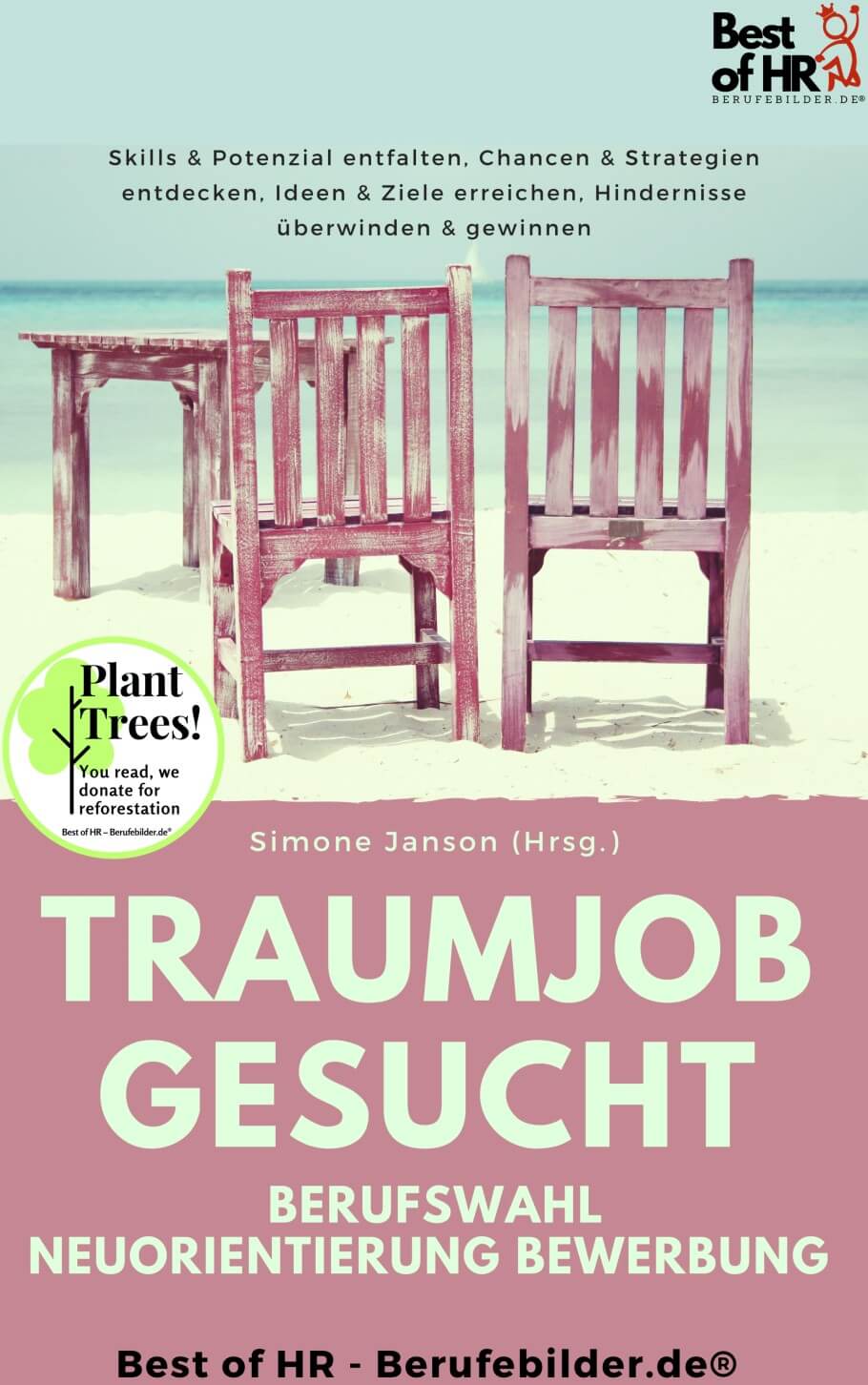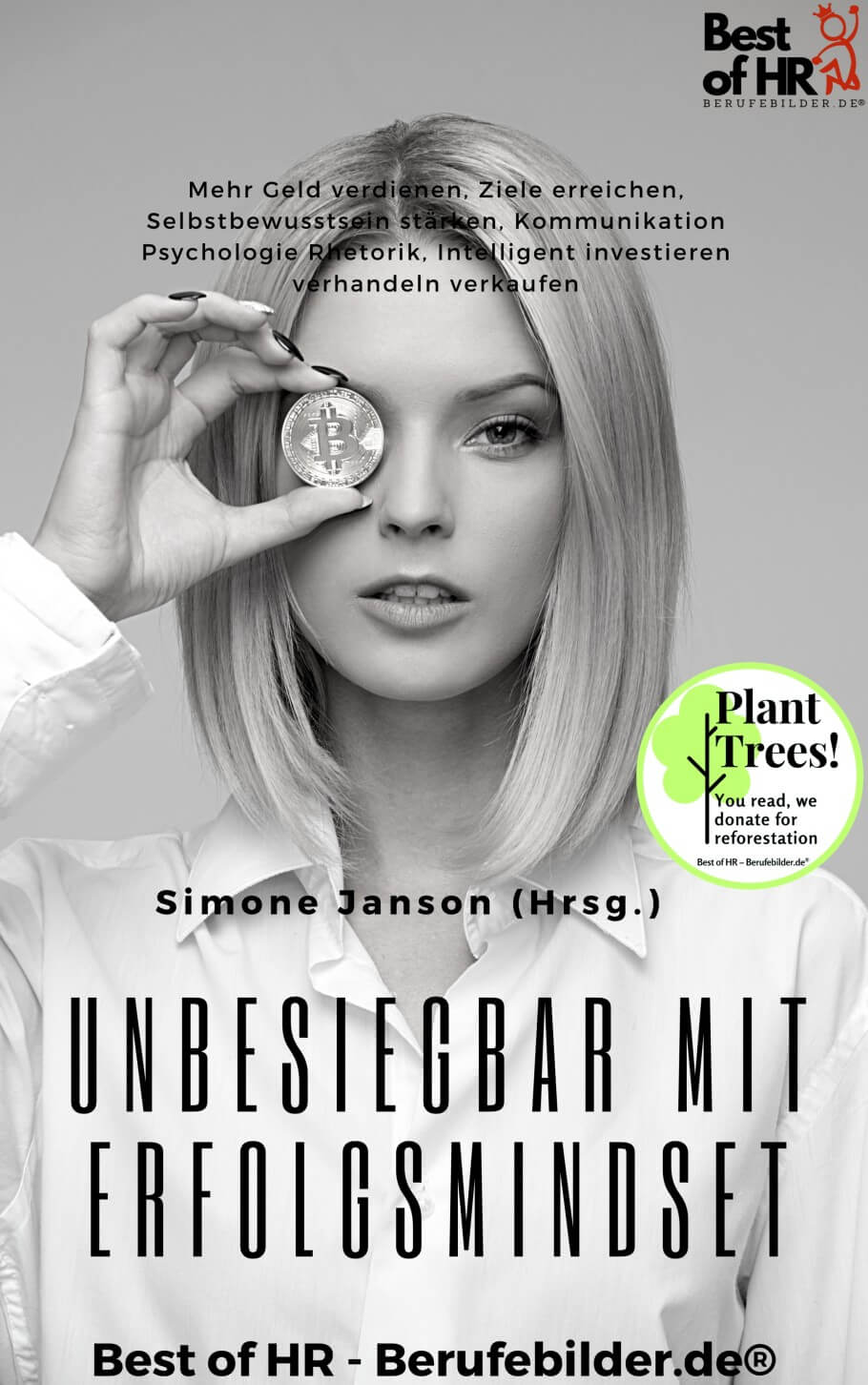For their successful, good life Information you really need: Government-funded publisher, awarded the Global Business Award as Publisher of the Year: Books, Shops, data-driven AI-Services. Print and online publications as well as the latest technology go hand in hand - with over 20 years of experience, partners like this Federal Ministry of Education, customers like Samsung, DELL, Telekom or universities. behind it Simone Janson, referenced in ARD, FAZ, ZEIT, WELT, Wikipedia.
Disclosure & Copyrights:
Future of our education system: learning - mobile Self-determined & personal? {Trend! Study}
By Simone Janson (More) • Last updated on October 11.11.2010, XNUMX • First published on 11.11.2010/XNUMX/XNUMX • So far 7395 readers, 1162 social media shares Likes & Reviews (5 / 5) • Read & write comments
how will we get in Future learn? And how will our life and work be affected by this Internet change? The short study “Future of Education” by the Dualen seeks answers to this University enter Baden-Württemberg. Sounds great, but the authors fail to provide well-founded evidence.

- How serious is that?
- Forecasts always go into the pants?
- Profound change?
- Institutes as knowledge managers
- Thesis 1: The wisdom of mass revolutionizes knowledge management
- The 2: Self-competence becomes the most important model on a fluid labor market
- The 3: Education and teaching will take place in real time all over the world
- Thesis 4: Face-to-face communication is making its comeback in the digital age
- My comment
- Top books on the subject
- Read text as PDF
- Advice on success, goal achievement or marketing
- Book eCourse on Demand
- Skate eBook as desired
How serious is that?
At a university you are generally inclined to believe in a serious, scientifically sound data collection. If you take a look at the study “Future of Education - Four Theses on How We Will Teach, Learn and Work in the Future” by the Baden-Wuerttemberg Cooperative State University (DHBW) Mosbach (download here!), This proves to be a misconception:
The short study published on the occasion of the 30th anniversary of the Baden-Wuerttemberg Cooperative State University (DHBW) Mosbach and the 10th anniversary of the “Pro DHBW Mosbach” foundation does not consist of material that was researched at the university itself, but rather simply accesses older data, also compiled from various sources.
Forecasts always go into the pants?
The books on the subject (advertising)
What emerges is not a sound analysis of future educational scenarios, but a richly illustrated, crisp overview of current trends in education. I'm reminded that the Stark is reminiscent of the future institute.
That does not have to be bad, such a succinct summary can even be very practical; However, one should keep this in mind when reading - as well as the fact that I jumped on each page when reading the study: You can just derive from current trends only forecasts, how the future actually will look, nobody can know. And predictions like to go in the pants ..
Profound change?
In the short study, the authors deal with how teaching and Things to Learn will work in the future. Your first statement is hardly surprising: you are stating a profound change: ours Society is about to jump to the next level of complexity, from the industrial to the knowledge society, from the Marketing– to the substance society.
The Internet and especially the Web 2.0 have fundamentally changed the rules of knowledge transfer. According to a recent scientific study by the Federal Ministry of Education and Research, about 70 percent of adult learning processes take place outside educational institutions, ie they are not organized in a formal-institutional way. This is always a double-edged thing for me: In principle, I find self-determined learning great, but should the state withdraw completely from it?
Institutes as knowledge managers
Discounts for your success (advertising)!
In any case, the team of authors is convinced: we have to say goodbye to the fact that education only takes place in the institutions and channels traditionally intended for this purpose. Instead, universities will increasingly assume the role of knowledge manager in the future, the technical, content and methodical one Competencies and provides framework conditions for (further) education.
When Background via the data highway Internet is available everywhere and at the same time, it is no longer about this centrally to collect at a university and keep for oneself, than much more Strategies to convey how to deal with this flood of knowledge.
But how could they now look like the future of education? The short study presents four theses, which scenarios are conceivable and which changes can already be diagnosed today. I have briefly commented on the theses.
Thesis 1: The wisdom of mass revolutionizes knowledge management

The authors are themselves for sure: Knowledge generation will take place in the digital community in the future. Everyone can have a say, recipients and consumers are the same person. In the university landscape, too, people think and learn in a networked manner. We use virtual libraries, technology-enabled forms of course management and personal knowledge management. And we experience the metamorphosis of the students from passive consumers to self-confident knowledge collaborators who work more stringently and self-determined than ever towards their future role in the professional world.
My comment: This is the classic Web 2.0 thesis of the wisdom of the masses - of which I personally still do not know what to make of it.
The 2: Self-competence becomes the most important model on a fluid labor market

The time of continuous gainful employment is over, this diagnosis of the research team is the basis of the second thesis. Therefore, in the future it will no longer be about his Workplace to manage, but yourself as an entrepreneur in the Companies to understand. One's own abilities and not the length of service will guarantee a lifelong employment - regardless of the employer. At the same time, continuing education courses separate from degrees and are instead organized in a decentralized manner and carried out individually.
My comment: In principle, as already blogged, I welcome self-determined learning. I would personally very much welcome solving degrees and certificates. And of course everyone has to for his own Further Training be responsible yourself. However, it must not be the case that employers and the state completely withdraw from the Further Training withdraw and that only those who can afford it financially can benefit from further training. That is already evident today. Educational loans, which at least ensure that the student goes into debt, or grants of a few 100 euros (in view of the fact that many recognized training courses cost a few 1000 euros) are only half-hearted Solutions.
The 3: Education and teaching will take place in real time all over the world

Technical progress in ever shorter acceleration cycles has ours Everyday life changed massively since the beginning of the new millennium. Mobile end devices no longer only determine our daily lives Communication, they are increasingly suitable for education and research. Smartphones and electronic reading devices decouple learning from fixed places and times. Relatively new and still little known “knowledge mediators” such as “Augmented Reality” and “Serious Games” are being used more and more for educational purposes. Statistics show: Wherever information can be enriched with audiovisual effects, the participation of the viewer increases and with it the fascination of knowledge and learning.
My comment: Mobile learning when and where I have time sounds great. Of course, it also increases the pressure. And: So far the Technology not quite mature yet.
Thesis 4: Face-to-face communication is making its comeback in the digital age

This should be perhaps the most surprising finding of the publication: The Welt is not becoming entirely virtual, despite its increasingly digital orientation. With each further step into new technological territory, well-known values from the analog, the “offline” world are increasingly gaining ground again Significance.
For the emancipation of the educated citizen leads at the same time to an overload of information. If all content is available, who decides on relevance and gives (credible) recommendations? In the future, teachers will slip into a new role for the knowledge manager and pave the way for the learner through the bushes of the almost unmanageable wealth of information. Especially in the digital age, the human factor becomes a premium commodity in everyday life, education and teaching.
My comment
I've been hearing this thesis more and more lately and I don't really know: Is that reality now, because people will actually do the opposite of what everyone fears in counter-reaction to the information overload. Or is that just her Anxiety by people who still don't fully trust Web 2.0 and are therefore hoping for a counter-reaction?
And if so, then I would have done it differently, more positively, by stating that in the digital age it is easier to maintain contact over longer distances. So I was just looking forward to data on this topic - and then more than disappointed by the meager database. Of course, when the trend is towards personal coaching, which is also much more efficient. Only there is again the sticking point, that this is a nice thing for those who can afford it.
Top books on the subject
Read text as PDF
Acquire this text as a PDF (only for own use without passing it on according to Terms and conditions): Please send us one after purchase eMail with the desired title supportberufebilder.de, we will then send the PDF to you immediately. You can also purchase text series.
4,99€Buy
Advice on success, goal achievement or marketing
You have Ask about career, Recruiting, personal development or increasing reach? Our AIAdviser helps you for 5 euros a month – free for book buyers. We offer special ones for other topics IT services
5,00€ / per month Book
Book eCourse on Demand
Up to 30 lessons with 4 learning tasks each + final lesson as a PDF download. Please send us one after purchase eMail with the desired title supportberufebilder.de. Alternatively, we would be happy to put your course together for you or offer you a personal, regular one eMail-Course - all further information!
29,99€Buy
Skate eBook as desired
If our store does not offer you your desired topic: We will be happy to put together a book according to your wishes and deliver it in a format of yours Choice. Please sign us after purchase supportberufebilder.de
79,99€Buy
Here writes for you
 Simone Janson is publisher, Consultant and one of the 10 most important German bloggers Blogger Relevance Index. She is also head of the Institute's job pictures Yourweb, with which she donates money for sustainable projects. According to ZEIT owns her trademarked blog Best of HR – Berufebilder.de® to the most important blogs for careers, professions and the world of work. More about her im Career. All texts by Simone Janson.
Simone Janson is publisher, Consultant and one of the 10 most important German bloggers Blogger Relevance Index. She is also head of the Institute's job pictures Yourweb, with which she donates money for sustainable projects. According to ZEIT owns her trademarked blog Best of HR – Berufebilder.de® to the most important blogs for careers, professions and the world of work. More about her im Career. All texts by Simone Janson.
4 answers to "The future of our education system: learning - mobile self-determined & personal? {Trend! study}”
-
RT @SimoneJanson: Frisch reblogged: Study of the Duales Hochschule Baden Württemberg on the future of our ...
-
RT @SimoneJanson: Freshly blogged: Study by the Baden-Württemberg Cooperative State University on the future of our ...: Fresh ...
-
Frisch reblogged: Study of the Duales Hochschule Baden Württemberg on the future of our ...
-
Study by the Baden-Württemberg Cooperative State University on the future of our education system: Learning - with ...



















Post a Comment